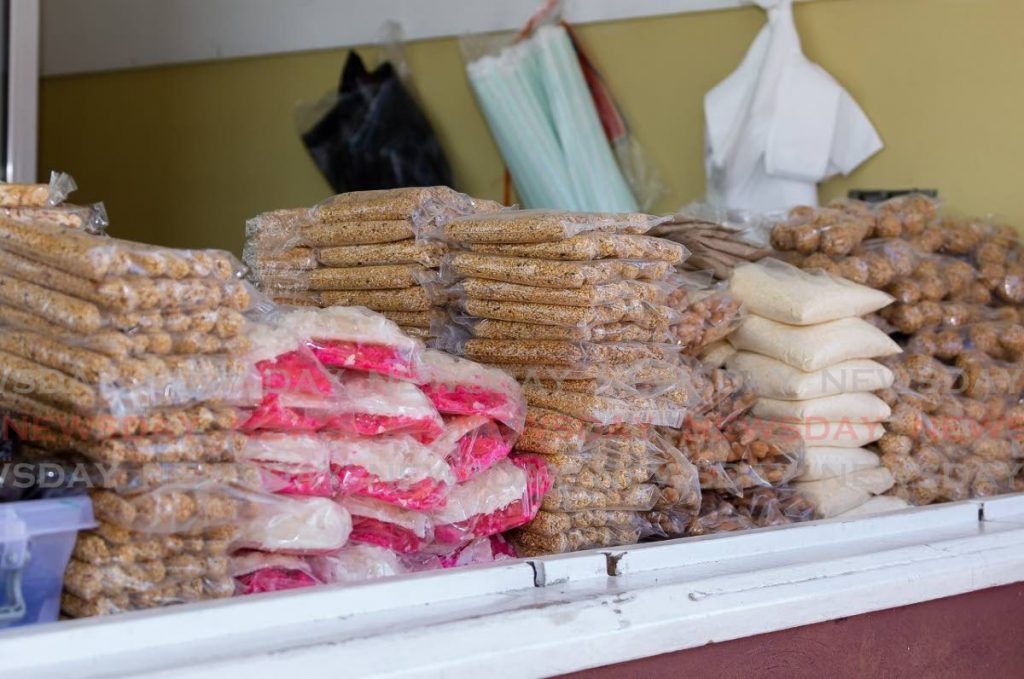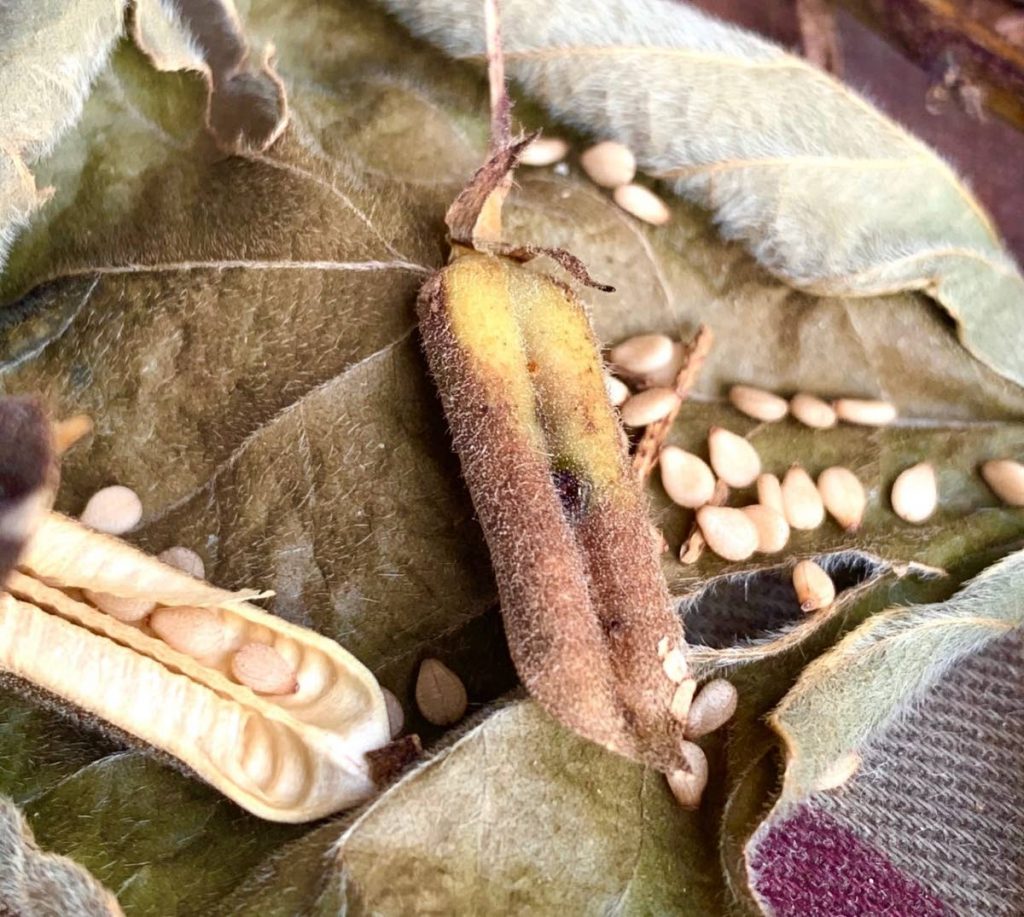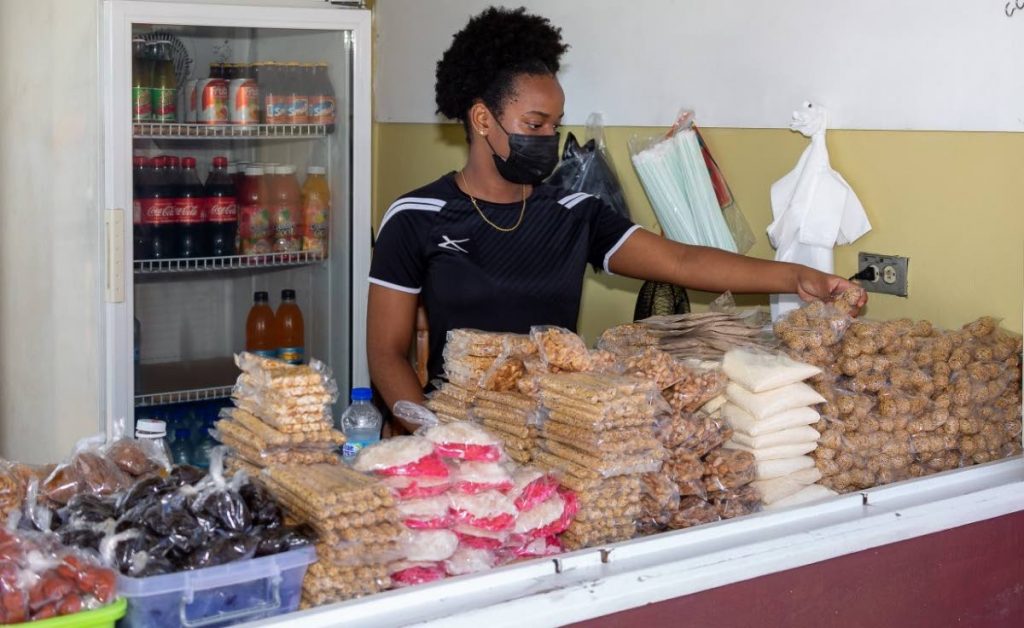Bene bene, the seed sweets of Tobago

Bene cakes, bene balls, bene squares, bene sticks, you name it we do it. These traditional sweets were first made popular in Tobago where they are still sold by vendors either in the airport, at the busy vendor’s strip at the entrance to Store Bay and even on the beaches themselves.
At the ANR Robinson Airport, Crown Point, you will find a colourful array of sweet offerings, sugar-cakes, nut-cakes, red preserved mango, plums and the iconic bene balls, also called jaw breakers. But have we ever stopped to think where did bene originate?

The bene is a West African name for sesame seed, (sesamum indicum). The first seeds are believed to have been brought to the Caribbean by African slaves some 300 years ago.
It is believed that the African slaves in the Caribbean bought the bene seeds with them and planted the bene in their small home gardens.
They looked to the seeds to fortify, thicken and add much needed sustenance and protein to their meagre meals.
It is considered to be the oldest oilseed crop known to humanity, being of high commodity value land owners become interested in it. As a result it then made its way to Charleston SC from the Caribbean. Soon it was incorporated into recipes there becoming part of the now popular Lowcountry and Gullah cooking (a fusion of West and Central African cooking techniques).
In the Caribbean it quickly became part of the crops planted on the plantations. When slavery was abolished, the used-to-be-enslaved people then used what was familiar to them to create treats which could have been sold, bringing them much needed income. The sugar plantations at that time paid their workers in sugar, as a result they created such saleable items utilising ingredients familiar to them.
Today, bene or sesame seed is used worldwide in products familiar to us like Tahini paste, sesame cookies, sesame butter, oriental sesame oil to name a few. It has countless presentations in recipes and when toasted its nutty flavour brings great flavour to both sweet and savoury dishes.

Bene balls
4 cups granulated sugar
4 cups bene seeds or sesame seed
Pinch salt
Heat a non-stick frying pan, add bene seeds and parch to a dark golden colour.
Place sugar into a heavy, large saucepan and cook until sugar melts to a thin consistency, add bene seed and stir well to coat seeds with sugar, add salt.
Remove from heat and drop by heaped teaspoonfuls onto an oiled baking tray.
 Oil your hands and roll into smooth balls.
Oil your hands and roll into smooth balls.
Place on an oiled plate until dried then wrap in plastic wrap.
To make bene squares, follow the instructions above, grease a 9x9-inch non-stick baking pan, pour mixture into pan, smooth out. Carefully mark your squares, when cool, turn out onto a cutting board and cut into pieces.
Option: The sugar may be slightly caramelised to give a more intense flavour.
Chocolate and bene shards
100 gms Trinidad dark chocolate, 70 per cent
25 gms toasted bene seeds
1 tsp powdered ginger
In a double boiler, carefully melt the chocolate.
Add toasted sesame seeds and ginger, stir to incorporate.
Pour onto a parchment lined tray.
Let cool.
Break into pieces.
Store in an airtight bottle in the refrigerator.
Stir-fried orange chicken with bene
1 lb boneless chicken, cut into ¼-inch thick slices
Marinade:
2 tbs soy sauce
1 tsp corn-starch
1 tbs orange Juice
Sauce
½ cup orange juice
2 tbs soy sauce
1 tbs chili garlic sauce
2 tsp Worcestershire sauce
1 tsp sesame oil
1 tbs sugar
2 tsp corn-starch
¼ cup vegetable oil
1 tbs chopped garlic
1 tbs chopped ginger
cup roasted sesame seeds
¼ cup chopped chives
½ cup corn-starch
Combine chicken with marinade ingredients and marinate for 30 minutes.
Heat oil in wok, remove chicken from marinade and dredge in corn-starch,
Fry in hot oil and remove when light golden in colour, drain. Clean wok.
Combine sauce ingredients, stir and set aside.
Heat 2 tbs oil in wok, add ginger and garlic, stir and fry until fragrant.
Add chicken and sauce and cook until bubbly and thick, garnish with chopped chives and sesame seeds.
Serve immediately. Serves 4

Comments
"Bene bene, the seed sweets of Tobago"